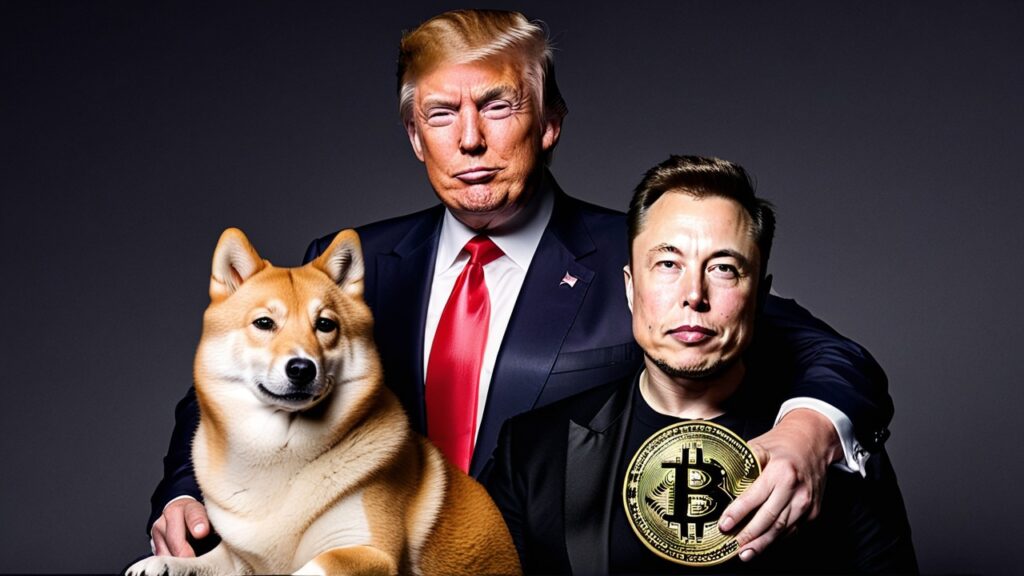Bitcoin’s potential as a strategic reserve asset has been suggested by Bitcoin Magazine CEO David Bailey, who said that President-elect Donald Trump could initiate a national Bitcoin reserve without approval from Congress. Bailey’s suggestion came during a Nov. 15 statement on X. According to unnamed experts he cited, this could be done independently, sidestepping the need for legislative backing.
Bailey indicated that such a move could involve the US government launching an ambitious BTC acquisition program worth tens of billions of dollars, mirroring the strategy pioneered by MicroStrategy. The company is the largest public Bitcoin holder and has amassed over 279,000 BTC, valued at over $25 billion.
However, Bailey conceded that larger purchases may require Congress’s approval. Traditionally, the US Treasury Department, in coordination with the Federal Reserve, has primary authority over managing the nation’s reserve assets. The idea of a US Bitcoin reserve has sparked debate within the broader crypto community.
During his campaign in July, Trump addressed this concept at the Bitcoin 2024 conference, pledging to retain the government’s existing Bitcoin holdings, estimated at over 200,000 BTC. Soon after, Senator Cynthia Lummis introduced a bill advocating expanding these reserves. The proposal outlines a plan for the government to purchase up to 200,000 BTC annually over five years, potentially accumulating 1 million BTC—representing approximately 5% of the top asset’s total supply.
Lummis expressed optimism that the legislation could pass within the first 100 days of Trump’s second term. Supporters argue that treating Bitcoin as a strategic reserve asset could solidify its reputation as “digital gold,” enhancing its role as a tool for economic resilience. They believe it could also strengthen the US financial position and encourage broader adoption of Bitcoin worldwide.
Michael Saylorexecutive chairman of MicroStrategy and a well-known Bitcoin advocate, sees significant potential for such a policy. In a recent CNBC interview, he claimed that a national Bitcoin reserve could help address the US ballooning debt crisis as the rising value of Bitcoin might enable the government to offset up to $16 trillion in debt.
Not everyone supports the idea of a national Bitcoin reserve. Critics like Miles Jennings, the General Counsel and Head of Decentralization at a16z crypto, argue that such a move could lead to a wealth transfer from taxpayers to Bitcoin holders. He stated, “A Bitcoin Strategic Reserve is a transfer of wealth from the U.S.
government to holders of BTC. No capital gains taxes on crypto is a transfer of wealth from the U.S. government to holders of crypto. These are the priorities of profiteers, not entrepreneurs.” Jennings’ argument suggested that government investments in Bitcoin could inflate its value, ultimately enriching current BTC holders at the expense of public funds.
In conclusion, the idea of a national Bitcoin reserve has attracted attention and sparked debate within the crypto community. While some argue it could benefit the US economy and strengthen Bitcoin’s role as a strategic asset, others express concerns about wealth transfers and potential negative consequences.
The debate around this topic is likely to continue as the cryptocurrency market evolves and gains wider acceptance.
